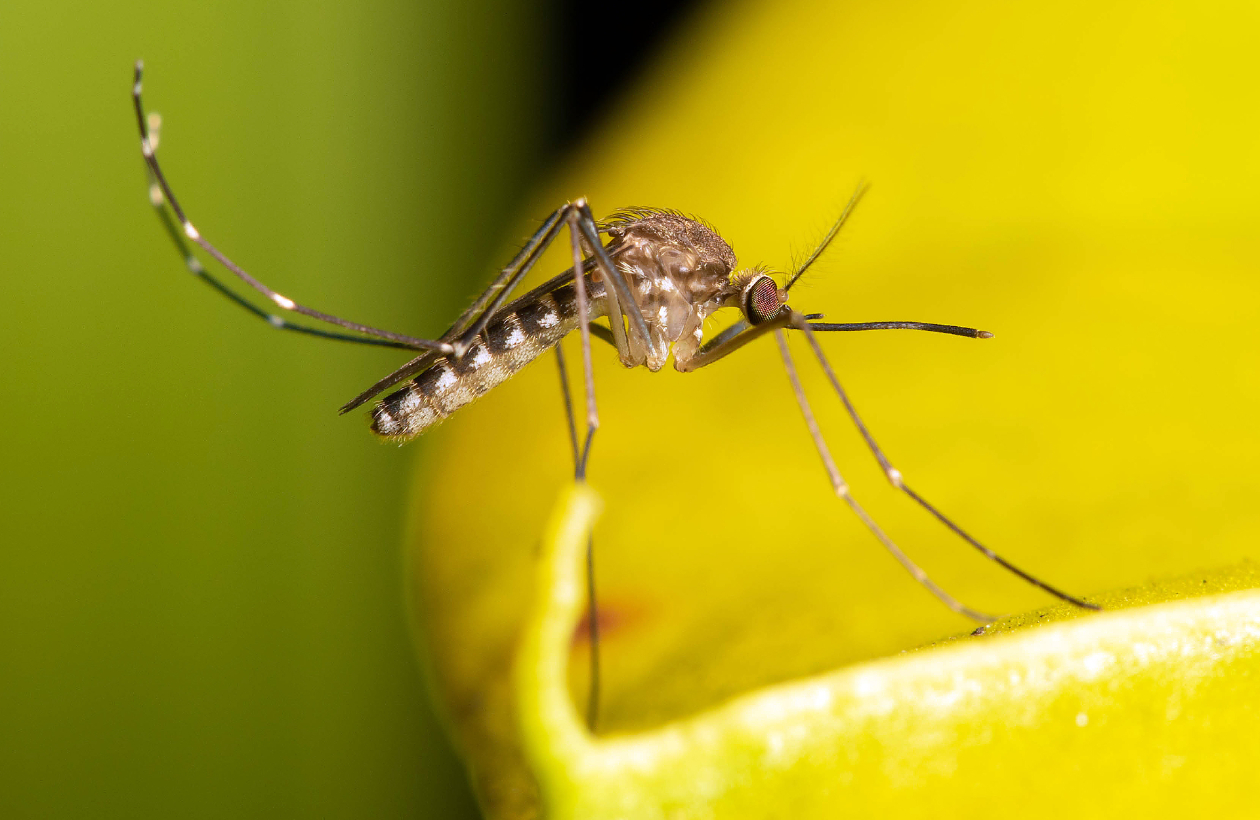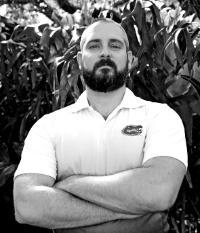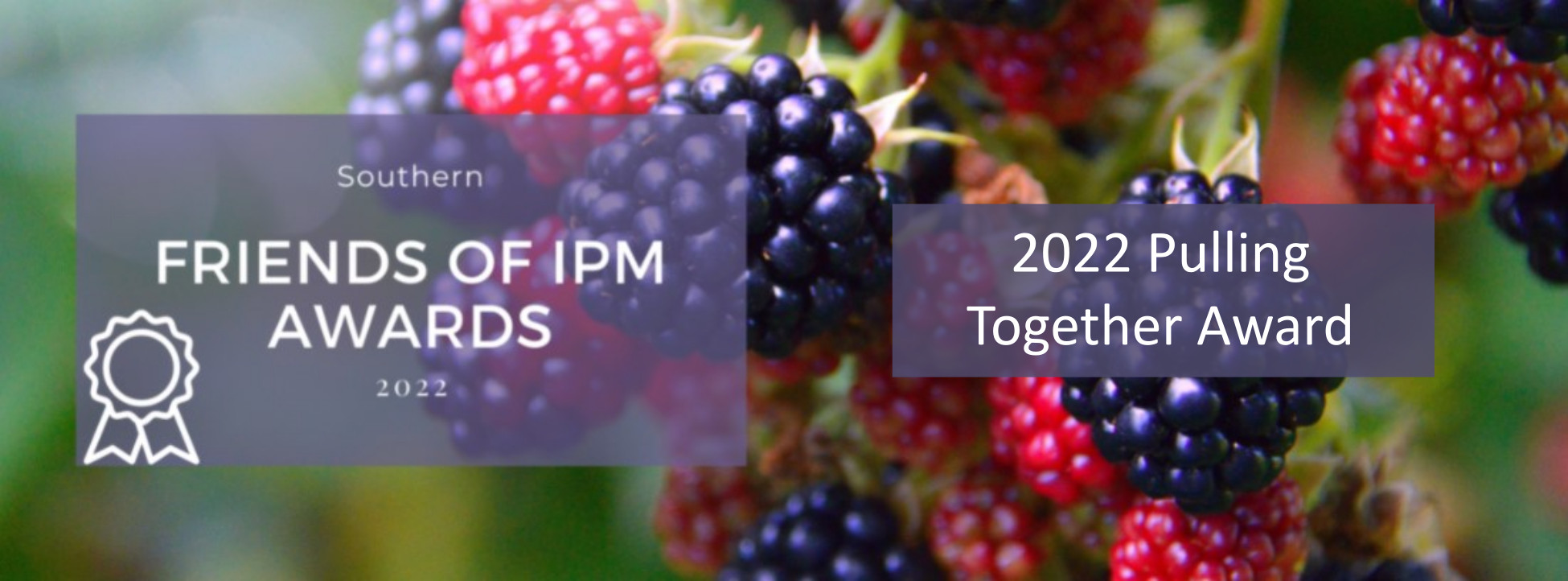
About the BEACONS Working Group
The Mosquito Biodiversity Enhancement and Control of Non-native Species (BEACONS) working group has members from Louisiana, Mississippi, Georgia, Florida, and North and South Carolina, and consists of academic researchers, mosquito control personnel and senior management, private pest control, state public health and agriculture entities, and the Centres for Disease Control and Prevention.
We are a multi-state committee dedicated to providing leadership on invasive mosquito species in the southern region. The overall goal of our working group is to increase the capacity for non-native and invasive mosquito surveillance and control across our region, while also raising awareness of new and potential introductions.
Caption: Culex coronator is a highly invasive Neotropical species that has been introduced to Florida and the southeastern United States. (Photo Credit: L. E. Reeves).

The empire strikes back: insect “carbonization” through hand sanitizer
Jun Soo Bae, UF/IFAS FMEL Co-Author: Yoosook Lee, UF/IFAS...
UF Committee Working to Improve Invasive Mosquito Awareness Across the Southeastern United States
BEACONS Annual Workshop Dec 2022 The mosquito BEACONS committee ended 2022...
Award Winning IPM Working Group Kicks Off Year 2
Mosquito BEACONS working group is back in action On Thursday July 7th 2022, the...








